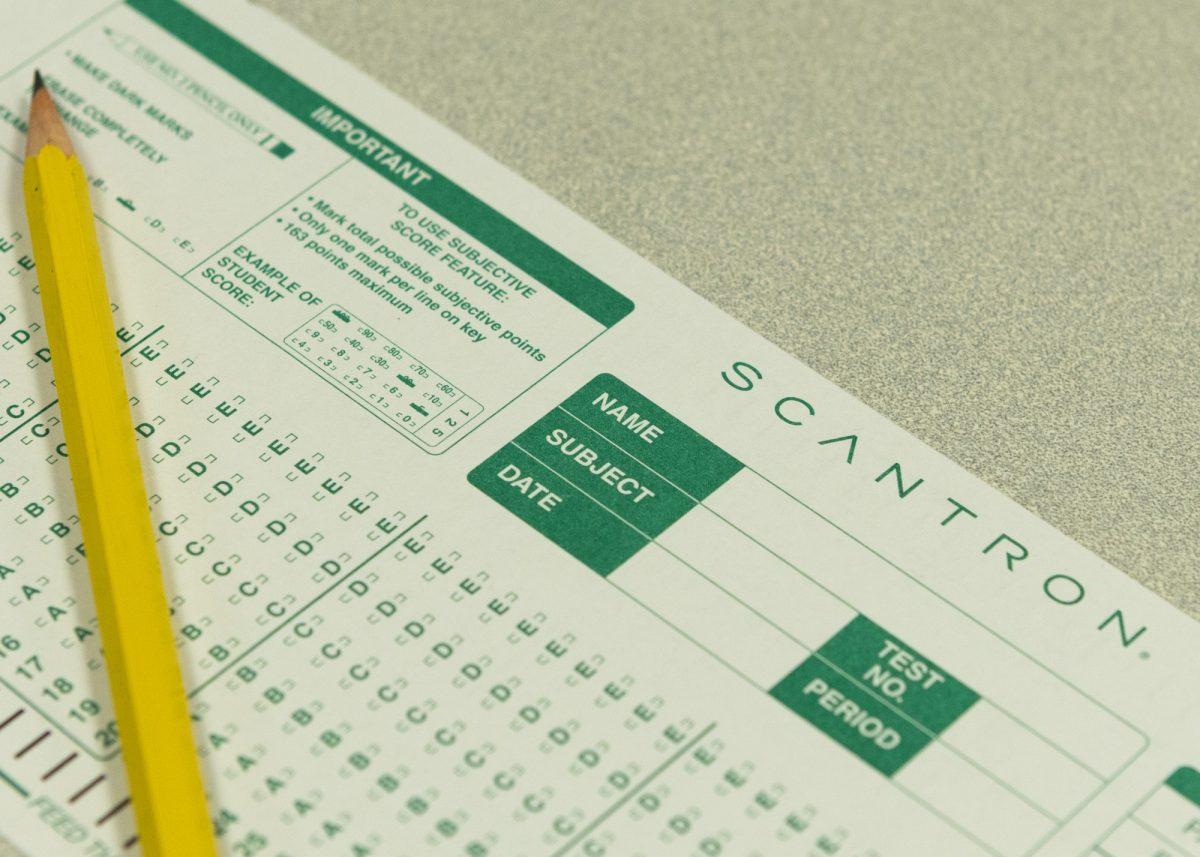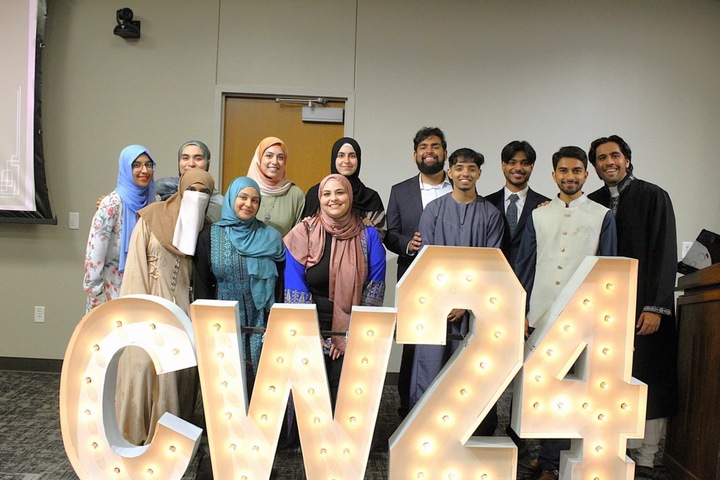COVID-19 resumed the war on standardized testing as colleges and universities across the nation turned to a test-optional admissions process. As it stands today, many schools have retained their test-optional status, leading SAT and ACT critics to call for an indefinite removal of the tests in the admissions process.
From what I can gather, there are two main arguments against standardized testing: They disproportionately benefit students from high-income families, and they aren’t an accurate indicator of college success.
The problem? Neither of these claims considers the bigger picture. Removing standardized testing from the college admissions process does not remedy inequality nor improve the application process.
Let’s pretend for a moment that you want to remove standardized testing from college admissions. Done. No more SAT prep in high school, no more time limits and no more harrowed bubbling in of tiny scantron dots. Now what?
With one less metric to consider in college applications, admissions offices are forced to rely solely upon GPA, personal statements and extracurricular activities. Guess who has the upper hand in these considerations?
If you guessed “rich people,” you would be correct. Children of affluent parents are far more likely to afford luxuries like traveling sports teams, music lessons and other expensive extracurricular activities that can bolster a college application. Not to mention that their highly-educated parents will likely be line-editing every word of their personal statements. What’s more, students attending wealthy schools will often have a counselor who helps them polish their applications, further heightening their chances of admission.
Standardized tests are not perfect, but removing them from the equation would lead to greater inequalities.
The tests are specifically designed to be just that: standardize. No matter the school, students are given identical tests in identical testing environments. The inequality comes from a lack of widespread access to expensive prep programs or tutors.
Even for test-optional colleges and universities, students who submit test scores are going to have an upper hand over students who don’t because admissions teams see scores as a barometer for academic achievement in college.
A 2023 study shows that test scores closely correspond with performance in college, particularly when compared to GPA. This is in large part due to the advent of grade inflation in high schools.
In 1990, the average high school GPA was 2.68. By 2016, that number had swelled to 3.38. From a combination of teacher leniency, laziness and schools pushing for better grades, almost 50% of the student class of 2016 had an overall A.
This brings us to another important aspect of standardized testing: accountability. Not with regards to the college admissions process, but rather with the schools themselves. Standardized testing was designed to provide an accurate, unbiased measurement of high school success. Policymakers use these scores to see which schools are excelling and which ones need an intervention or should be closed down. Without these tests to help them determine which schools need more or less funding, policymakers would be left to arbitrarily guess.
The real problem with standardized tests is the incentive structure that encourages teachers to merely teach “for” the tests. In other words, the schools only teach students what’s on the test instead of a more holistic approach. Their incentive? Money.
A school’s funding is directly tied to standardized test scores. In some cases, teachers are given salaries based on their students’ grades or standardized test scores. With an incentive system like that, who can blame them for trying to get the kids’ scores as high as they will go?
The issue isn’t with the tests themselves. It’s with how teachers are only teaching for the tests and with unequal access to prep materials. These are the issues we should be working towards fixing rather than trying to remove standardized testing from the picture completely.
Without these tests, knowing how volatile GPA is across the nation, university admissions teams would be entirely dependent on personal statements and extracurricular activities. Not only would this disproportionately affect affluent students, but it would also result in more college students underperforming or dropping out.
The alleged issues with standardized testing are the symptoms, not the problem. If we want our colleges and universities to be more racially and economically diverse, we need to examine our nation’s broad social and economic problems. Axing one of the few impartial metrics used in college admissions is not the solution.
Charis Adkins is an English junior and opinion columnist for The Battalion.
























Isabella Garcia • Feb 15, 2024 at 10:08 am
slayed so hard